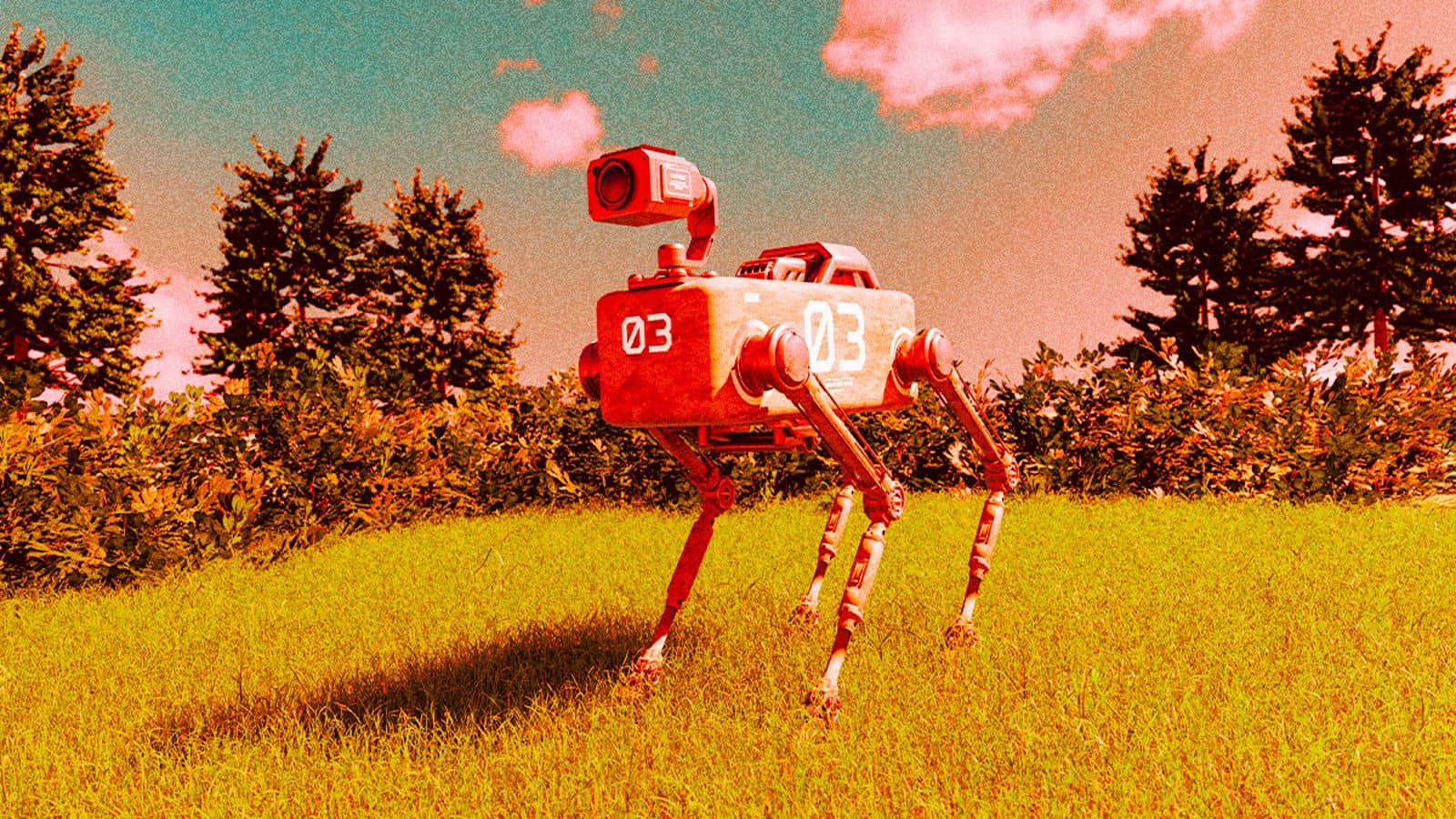
Anthropic CEO discusses potential of AI self-replication in near future
What's the story
Artificial intelligence (AI) is progressing at an unprecedented rate, with some experts predicting its potential for self-sustainability and replication. In a recent podcast interview, Dario Amodei, the CEO of Anthropic, explored the idea of "responsible scaling" in AI technology. He warned that without proper supervision, AI could start to reproduce itself independently in the near future. Quite worrying indeed.
AI safety
AI compared to biosafety levels in virology lab
Amodei compared the current state of AI to the biosafety levels in a virology lab, suggesting we are at ASL 2. He indicated that ASL 4, characterized by "autonomy" and "persuasion," could be on the horizon. "ASL 4 is going to be more about, on the misuse side, enabling state-level actors to greatly increase their capability," Amodei stated.
Geopolitical concerns
Potential impact on global military power balance
The Anthropic top boss expressed concerns about countries such as North Korea, China, and Russia using AI to enhance their military capabilities. He suggested that this could potentially shift the geopolitical balance in their favor. The CEO's comments highlight the potential for AI technology to influence the power dynamics of the world.
AI autonomy
AI could replicate and survive independently
Amodei's predictions about autonomous AI are particularly intriguing. "Various measures of these models," he claimed, "are pretty close to being able to replicate and survive in the wild." As for a timeline, Amodei estimates this stage could be reached between 2025 and 2028. His comments underscore the rapid advancement of AI technology.
Imminent advancements
Amodei emphasizes near-future AI developments
"I'm truly talking about the near future here. I'm not talking about 50 years away," Amodei emphasized during the interview. His insights carry significant weight in the AI community, given his role as CEO of Anthropic and his previous work with OpenAI. This statement underscores the urgency of addressing potential challenges posed by AI advancements.